
Not Available
You May Also Like

As deadly attacks target female students, judges and journalists, 101 East travels to Afghanistan to investigate the assassinations.

Not Available right now

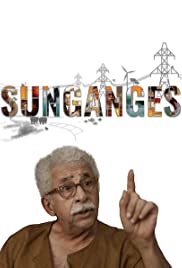
A panoptic film on water, energy and climate, SunGanges (SuryaGanga) is a wild and intense ride three filmmakers take across the vast Indian landscape in an attempt to connect the dots between vanishing rivers, massive energy projects and the quiet rise of renewable energy.

The documentary follows and underground benevolent network of people who are buying chemotherapy drugs abroad and transporting them to Romanian patients, since in Romania chemotherapy drugs are not available.
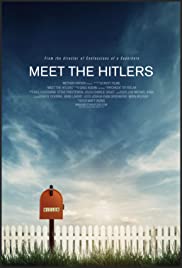
What would it be like if your last name was Hitler? Director Matt Ogens seeks that answer by intimately portraying a diverse group of individuals with that same unfortunate name.
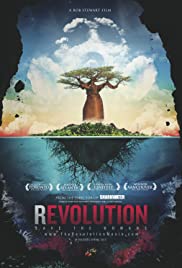
Revolution is a new movie from internationally-acclaimed filmmaker Rob Stewart. A follow-up to his award-winning documentary Sharkwater, this continues his remarkable journey of discovery to find out that what he thought was a shark problem is actually a people problem. As Stewart’s battle to save sharks escalates, he uncovers grave dangers threatening not just sharks, but humanity. In an effort to uncover the truth and find the secret to saving our own species, Stewart embarks on a life-threatening adventure through 15 countries, over four years in the making. In the past four years the backdrop of ocean issues has changed completely. Saving sharks will be a pointless endeavor if we are losing everything else in the ocean, not just sharks. Burning fossil fuels is releasing carbon dioxide into the atmosphere; changing the oceans, changing atmospheric chemistry and altering our climate.
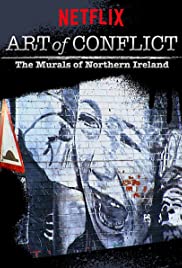
The murals of Northern Ireland are an expression of the region’s violent Troubles. ‘The Art of Conflict’ examines these murals through their painters and the people who live there, exploring this unique street art’s impact, purpose, and future.


Not Available right now
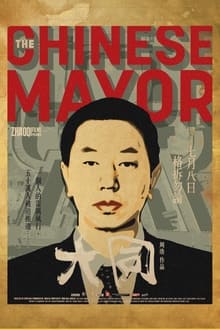
Once the thriving capital of Imperial China, the city of Datong now lies in near ruins. Not only is it the most polluted city in the country, it is also crippled by decrepit infrastructure and even shakier economic prospects. But Mayor Geng Tanbo plans to change all that, announcing a bold, new plan to return Datong to its former glory, the cultural haven it was some 1,600 years ago. Such declarations, however, come at a devastatingly high cost. Thousands of homes are to be bulldozed, and a half-million of its residents (30 percent of Datong’s total population) will be relocated under his watch. Whether he succeeds depends entirely on his ability to calm swarms of furious workers and an increasingly perturbed ruling elite. The Chinese Mayor captures, with remarkable access, a man and, by extension, a country leaping frantically into an increasingly unstable future.

Que ta joie demeure is not a documentary about being a slave to the machine, alienation, dehumanisation or exploitation. Sound and image, editing and dramatic structure are merely employed to transpose workshops and factory floors into the cinematic space so as to explore the bizarre environments that workers adapt to and with which they skillfully interact, as if humanity had never done anything else since time immemorial.